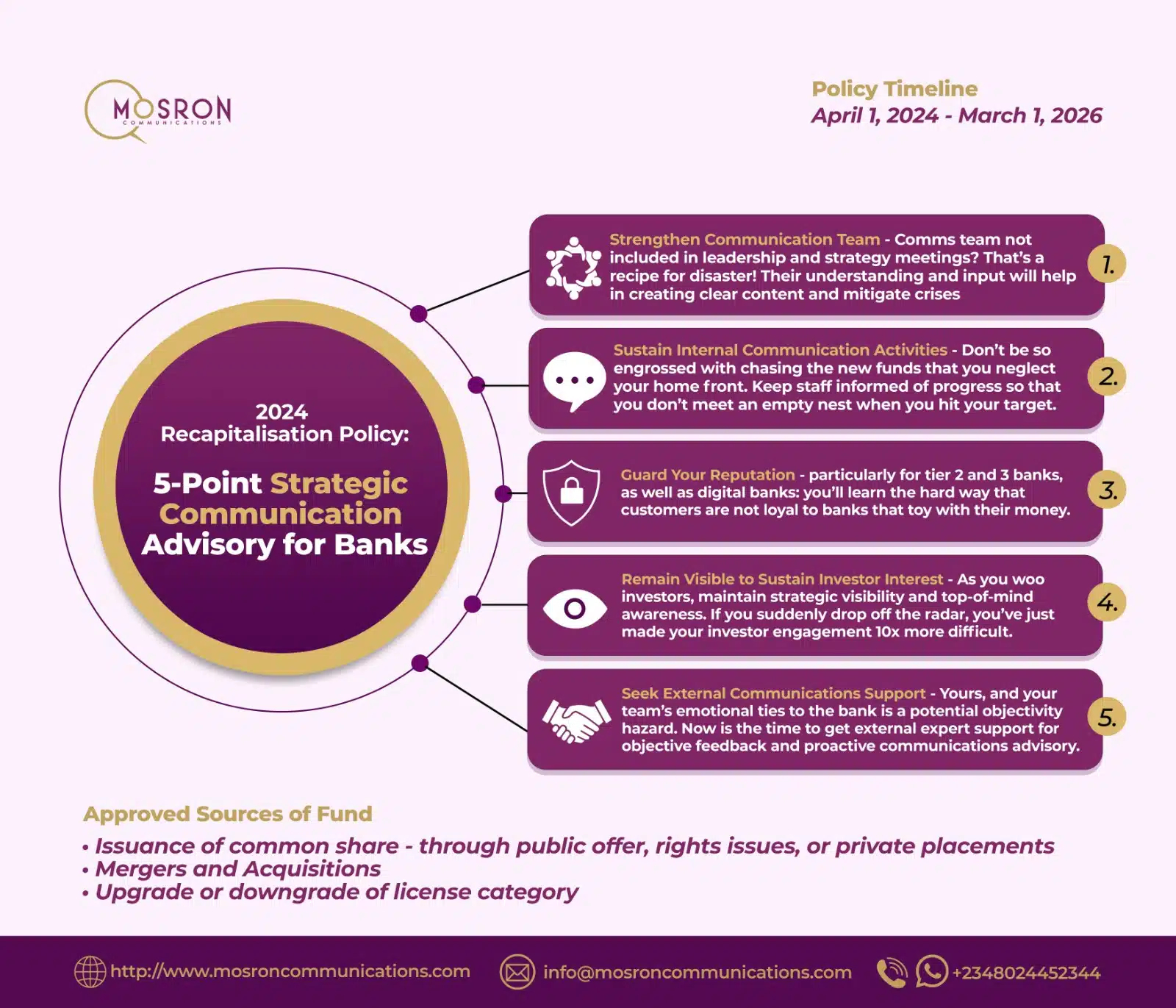Nigeria’s Federal Executive Council (FEC) has approved a set of sweeping reforms aimed at strengthening digital trade and modernising the country’s intellectual property (IP) framework.
The approval, announced on Thursday, November 6, 2025, followed the presentation of four policy initiatives by the Minister of Industry, Trade and Investment, Dr. Jumoke Oduwole. Among them are the National Intellectual Property Policy and Strategy (NIPSS) and the ratification of the AfCFTA Protocol on Digital Trade, both seen as key steps toward deepening Nigeria’s digital economy.
The NIPSS, which has been in development since 2020, was coordinated by a coalition of government agencies, including the Nigerian Copyright Commission (NCC), the Patents and Designs Registry, and the ministries of Industry, Trade and Investment, and Justice. Technical support came from the World Intellectual Property Organization (WIPO).
At its core, NIPSS seeks to overhaul Nigeria’s outdated IP laws and bring them in line with international standards.
One of its major reforms is the plan to merge the Trademarks, Patents, and Designs registries into a single commission, streamlining the registration process. The policy also calls for automation of digital filing systems for trademarks, patents, and designs, in collaboration with WIPO, a move expected to make registration faster, more transparent, and more accessible to creators and businesses.
Beyond regulation, the policy outlines efforts to boost innovation and research commercialisation.
Funding will be provided through TETFund, and universities will be incentivised to develop and register patents. Importantly, the framework allows intellectual property assets to serve as collateral for loans, potentially opening new financing pathways for startups and inventors.
IP education will also be integrated into the curricula of universities, polytechnics, and research institutions to build capacity in the field.
The FEC also approved the ratification of the AfCFTA Protocol on Digital Trade, which aims to harmonise digital commerce rules across African countries. The protocol covers cybersecurity standards, electronic transactions, digital payments, and consumer rights, key components for enabling safe and seamless trade across borders. Ratifying the protocol positions Nigeria to play a leading role in shaping the continent’s digital trade landscape.

Victoria Fakiya – Senior Writer
Techpoint Digest
Stop struggling to find your tech career path
Discover in-demand tech skills and build a standout portfolio in this FREE 5-day email course
The reforms come at a pivotal moment for Nigeria’s tech ecosystem, which has grown into one of Africa’s most vibrant, driven by startups in fintech, eCommerce, and the creative sector. Stronger IP protection and clearer digital trade rules could provide the legal backbone these industries need to scale globally.











